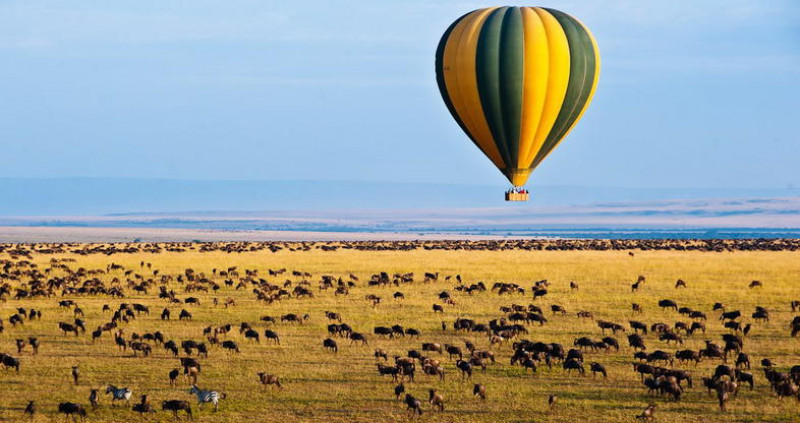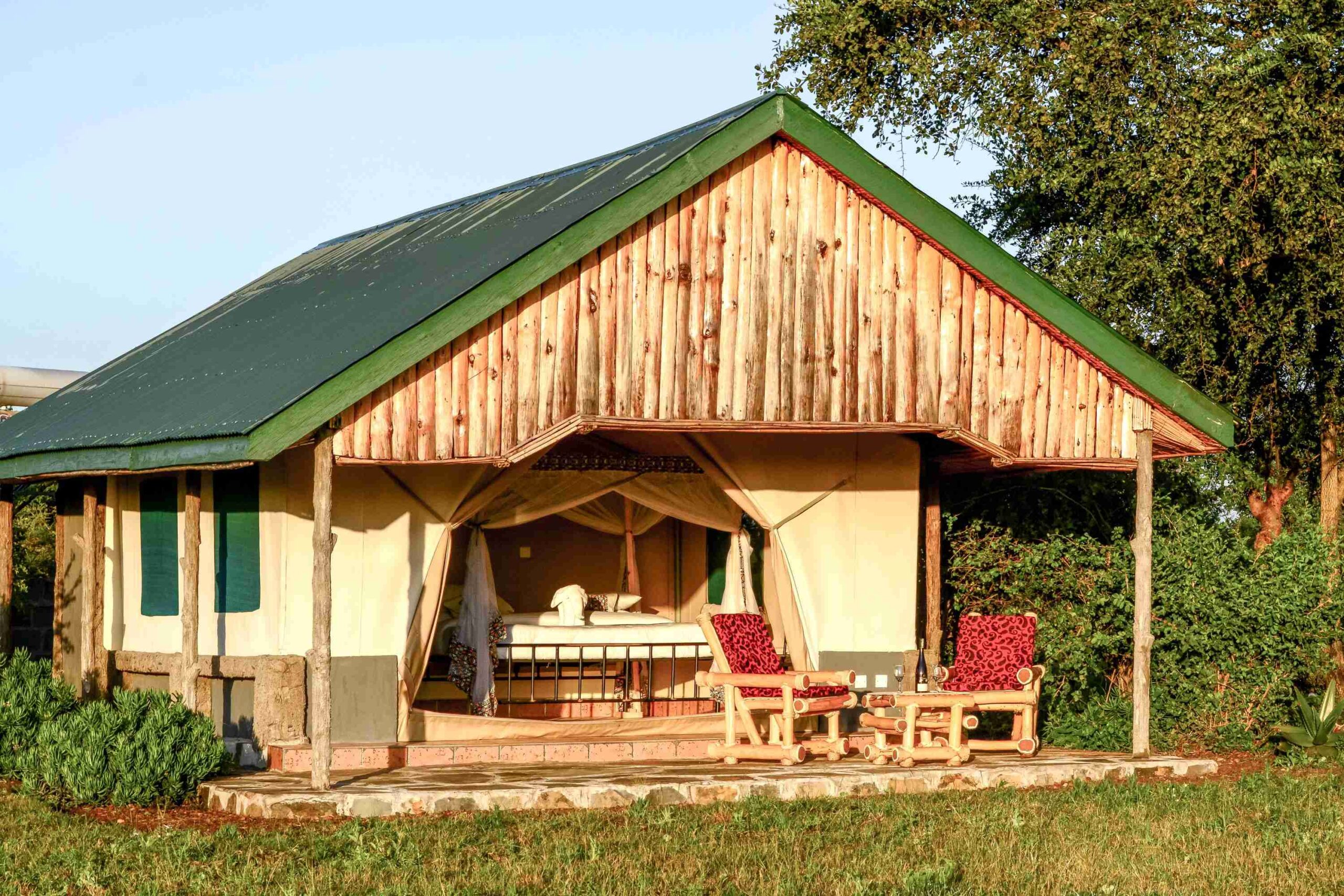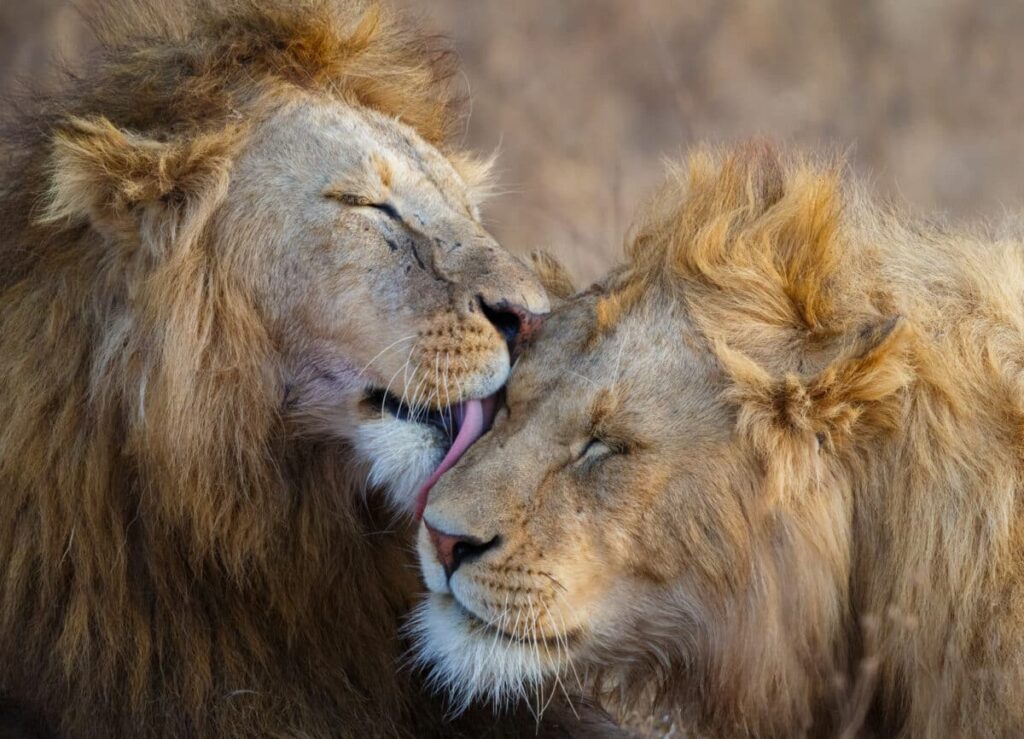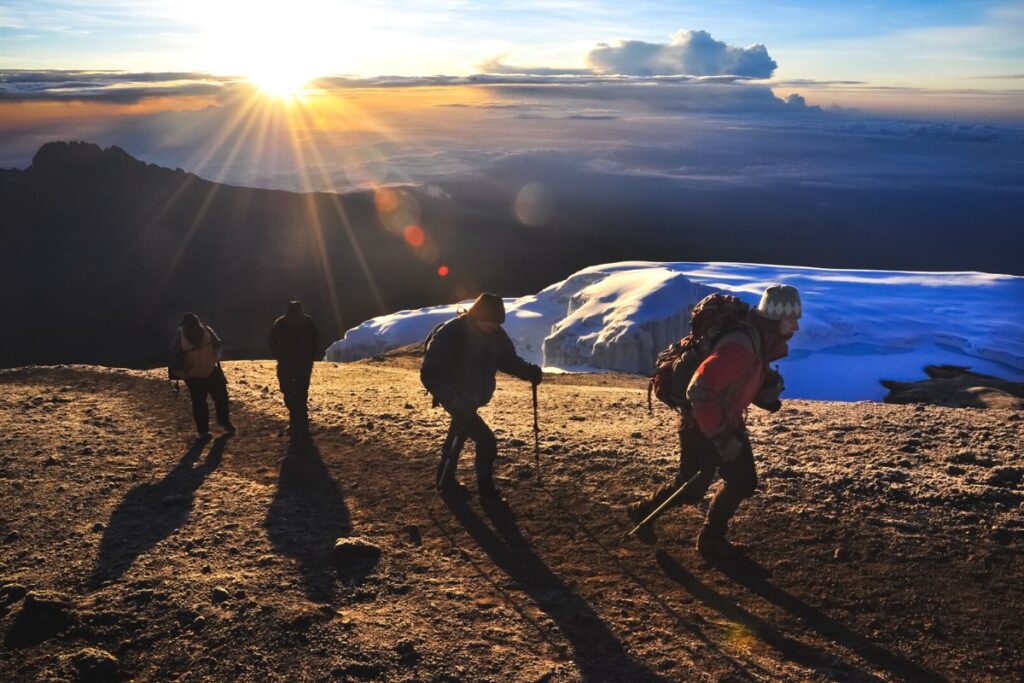
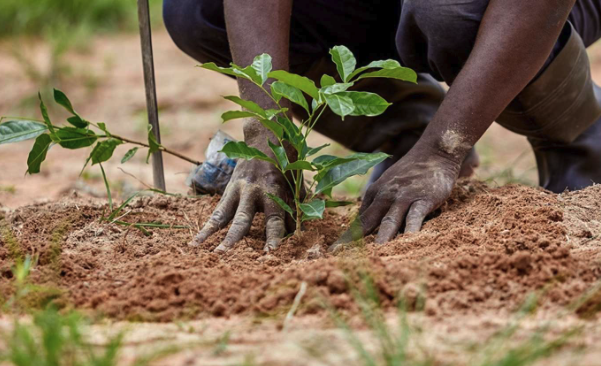
Responsible Tourism in Tanzania
29 February 2024
We love Africa – its animals, its nature and its people. That’s why we want to protect this wonderful continent by all means. At the same time we want as many people as possible to see the wonders of Tanzania with their own eyes. So let’s be clear: responsible tourism is very important to us.
If you now think, “well that’s all very nice, but how can ‘responsible’ and ‘tourism’ go together?” we can’t blame you. Obviously, the tourism industry isn’t the most eco-friendly sector. But we’re doing our best to give something back to the planet and the people while offering unforgettable journeys. We’re definitely not perfect, but we’re constantly looking for ways to do better.
In this article we want to have a look at disadvantages and advantages of tourism, what we are currently doing to protect the nature and support the locals and what you can do yourself.
Okay, let’s crack on then, shall we?
Disadvantages and advantages of tourism
The disadvantages
Let’s start with the biggest disadvantage of tourism on the environment, which is a no-brainer: flying. In order to get places, you have to use a means of transport. And while you can use public transport for a trip within your country or even your continent, going to Tanzania only leaves you with one option (unless you have a lot of time and crave an adventure on another level).
Also, the more people travel to a country, the bigger is the toll on the country. Agricultural space and landscapes need to make space for roads and hotels, more people mean more emissions and waste and some ancient cultural traditions might get lost. And thanks to Instagram, hidden gems tend to turn into highly sought-after safari hotspots disturbing animals and nature alike.
However, tourism also has its advantages and with that we leave this article’s gloomy side and start painting a brighter picture in the next part.
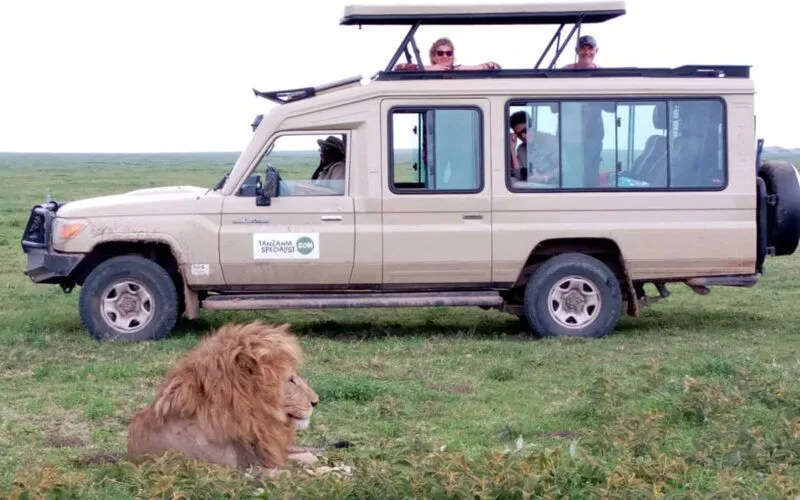
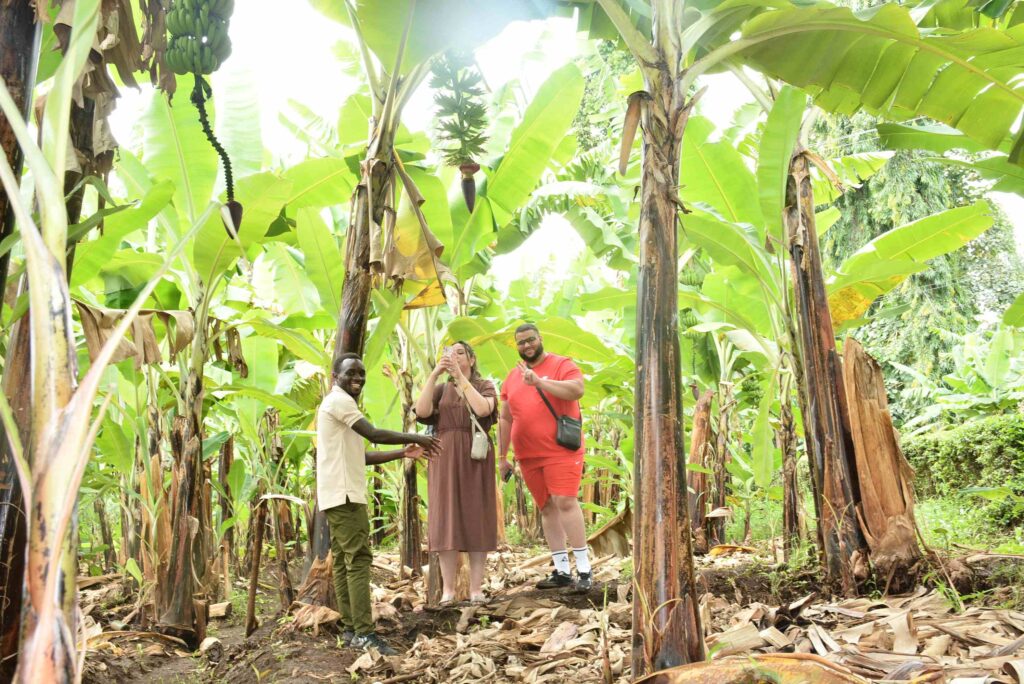
The advantages
If we talk about which advantages tourism can have for a country and its people, we best ask a local. Like our director, Epimark Mndevu, who grew up in Lushoto in the Usambara Mountains and has been in the tourism industry since 1996.
The tourism sector doesn’t only provide him with a job he’s passionate about, but also with a steady income. This means he can support his family as well as shops and restaurants in his community. A virtuous circle, if you want.
The advantages, however, can also be seen on a larger scale. More people travelling to a country also mean more money for the country – something especially developing countries heavily rely on. Having more funds at their disposal, they can support their people and use it for conservation purposes or landscape conservancy. So yes, travelling harms the planet, but it also does good.
Our commitments to encourage responsible tourism in Tanzania
The well-being of animals, people and landscapes is our top-priority, no matter what we do. This means, for example, that we get close to your favourite animals during a safari, but thanks to our guides’ extensive knowledge we never disturb them.
Of course we also want to make sure that you travel as safely and eco-friendly as possible when travelling with us. That’s why we’ve taken some matters into our own hands – from hospitality training and educational programmes to local recycling initiatives and green energy consumption.
Sustainably doing business means everything to us. Planting trees, training vulnerable youth and creating awareness with our suppliers to also be sustainable are things we always dreamed of doing. Making an impact makes sense because it is beneficial to all. With a big thank you to all clients of Tanzania Specialist because you made and are still making this possible!
– Robbin Meulemans, Founder Tanzania Specialist
Accommodation powered by nature
When picking our accommodation partners, we of course check for comfiness and authenticity. But we also have a list of environmental criteria we want to have fulfilled: from waste reduction to green energy. And since the sun watches over Tanzania most of the times, it powers 75% of our accommodation options via solar panels.
CO2-free activities
Of course you can enjoy a safari in our 4x4s. We regularly update our fleet with a focus on an innovative and sustainable performance. However, if you only want to only leave your real footprints behind, you can join a hiking adventure, a biking tour, a canoeing safari or sleep in a simple tent under the stars.
You can never have enough trees
In 2020 we launched our Manyara Tree Planting Project close to Arusha National Park. The initial 30 acres have quickly grown to 48 acres and we’re far from stopping. By planting more indigenous trees, we want to capture at least some of our industry’s emissions.
Let us create your tailor-made trip
Receive a free, no obligation quote
Start planning your dream trip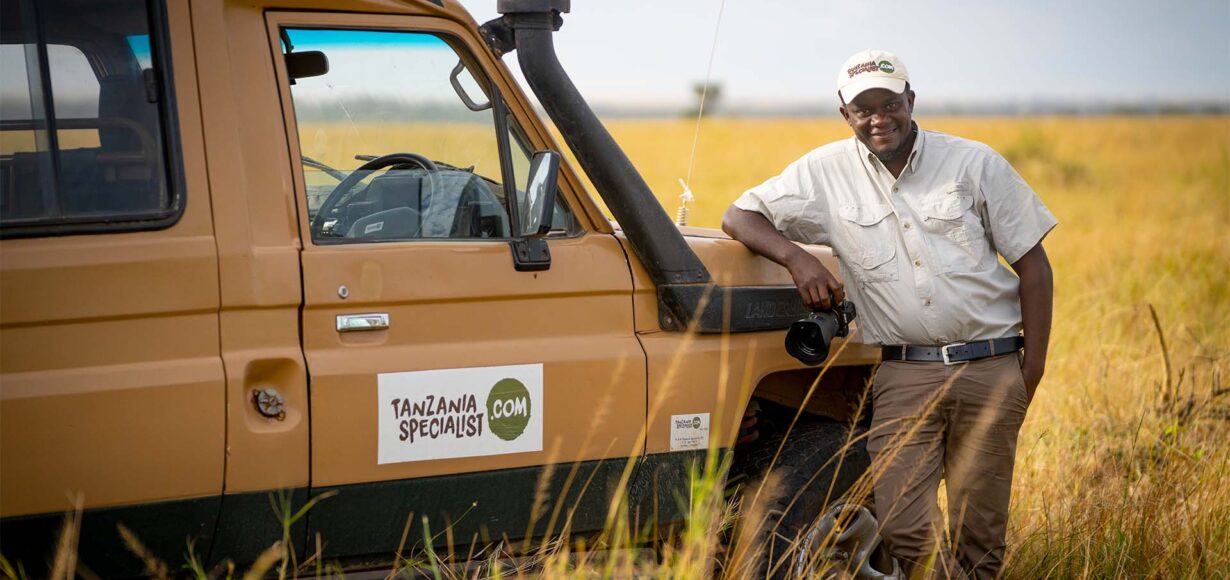
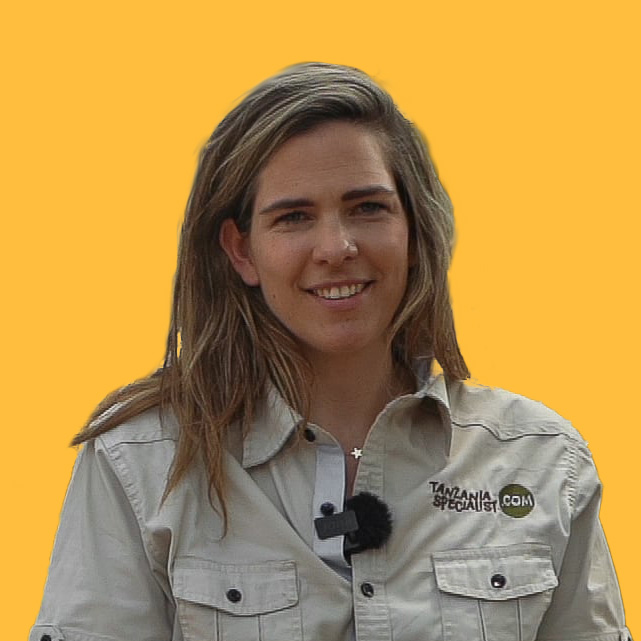
Call an expert
Our specialists are here to assist you
USA: +1 518 634 1139 UK: +44 1234 567890 other countries